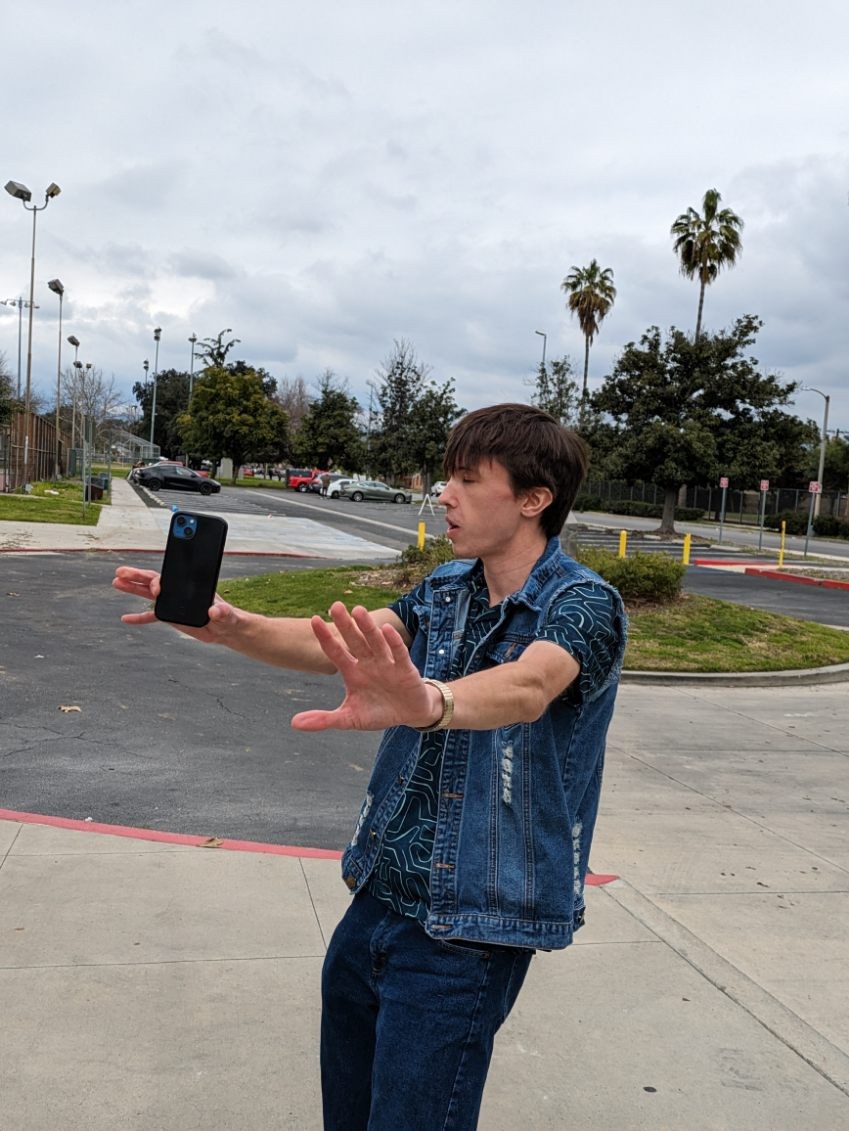We recently connected with Sam Hendrian and have shared our conversation below.
Sam, appreciate you joining us today. We’d love to hear about a project that you’ve worked on that’s meant a lot to you.
I recently completed my first feature film, “Terrificman,” and it was profoundly meaningful for a myriad of reasons, the first being that I have wanted to make a movie called “Terrificman” ever since I was seven years old. The Tobey Maguire Spiderman movies were coming out then, and those along with the Richard Donner “Superman” made me obsessed with creating my own superhero. There were many adjectives already taken — “super,” “incredible,” “fantastic” — but as far as I knew, “terrific” was up for grabs, and so Terrificman was born.
Now, the original character had super strength and teleportation powers, and he fought stereotypical supervillains bent on world domination. As I grew older, I lost interest in the character, and I wasn’t really motivated to add another superhero to our perpetually superhero-glutted culture.
But then while working a summer at Disney World in 2018 and realizing that every other friend I made was opening up to me about mental health struggles, I had a revelation: what if I brought back my childhood superhero creation, but instead of the life and limb, it would be the heart and soul he was trying to save? Someone with literal empathetic powers who could sense people’s hidden depression and try to uplift their spirits as best he could. This repackaging of my childhood dream really excited me, and five years later, the film was finished.
Now, my film gives a new meaning to the term “microbudget” — it was shot entirely on an iPhone with natural lighting and limited sound equipment — but there is enough authenticity in the acting and earnestness behind the intention that it has seemed to really resonate with people. I ended up merging the protagonist with myself to the point I was baring my many insecurities, failures, and only sporadically successful good intentions onscreen, and as vulnerable as this was, I was so happy to do it, as the film is ultimately a thesis on the need for human kindness in an often apathetic world. Seven-year-old Sam would be thrilled.
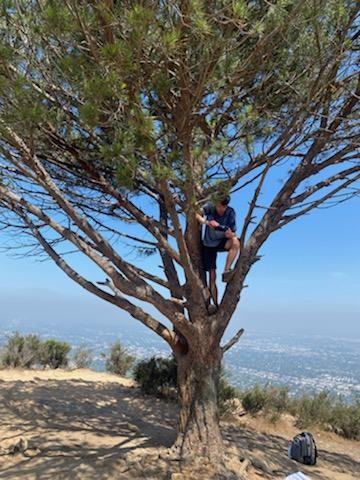
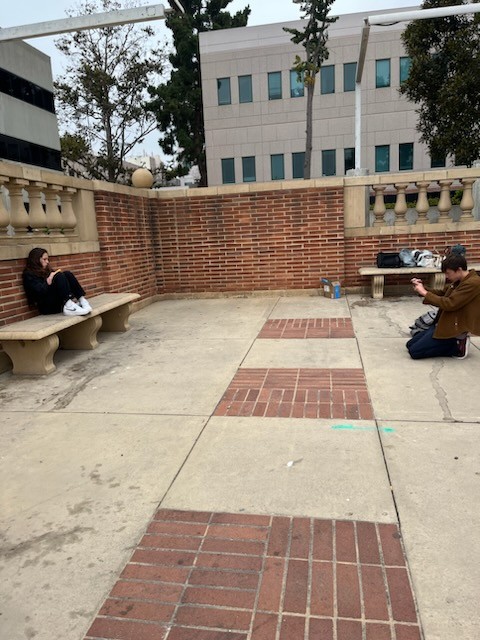
Sam, love having you share your insights with us. Before we ask you more questions, maybe you can take a moment to introduce yourself to our readers who might have missed our earlier conversations?
Well, as I like to say in all the third-person bios I’m asked to give for poetry contest submissions, I’m a lifelong storyteller striving to foster empathy and compassion through art. Originally from the Chicago suburbs, I now reside in Los Angeles, where I primarily work as an independent filmmaker and poet.
Every month (sometimes every other week), I post a new microbudget short film project on Backstage.com, find actors, and then make poetic little expressions of soul that I put on my YouTube channel/show at short film open mic nights. Since I am a poet at heart and write at least one poem per day, my films mostly play out like poems — they are almost entirely silent and rely predominantly on facial expressions to tell the story — but with an open mind, they can still be cinematically engaging and entertaining. Creating constantly like this has blessed me with a plethora of opportunities for human connection and new friendships, which in turn inspires future work.
In addition to these films, I am also a lyricist and occasionally work with composers to fit words to melodies, most significantly on stage musicals, my first of which, “Cupcake With Blue Frosting,” was partially produced at the 2023 Hollywood Fringe Festival. I guess my primary occupation is being a student of people; I am fascinated by other human beings and have a genuinely compassionate outlook on them, tossing smiles at strangers just for the stray chance they might be having a rough day.
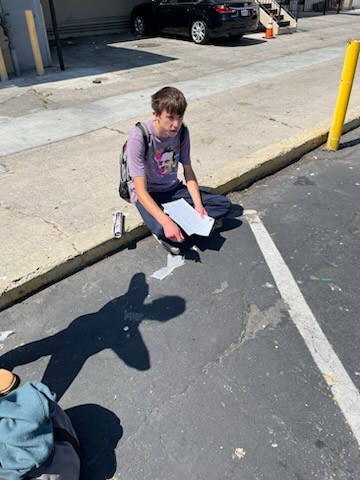
What do you think is the goal or mission that drives your creative journey?
My primary mission is to foster empathy and make people from all walks of life feel a little less alone and a little more seen by their fellow human beings. This often means creatively exploring difficult subjects in a raw, occasionally uncomfortable way — life is frequently far from beautiful — but there is always a compassionate framework even when analyzing some of the less-savory truths of the human condition. If I have at least one person tell me they felt seen by something I’ve created, then I feel like I’ve I done my job, even though (perhaps egotistically) I’d like millions of people to also feel seen by it.
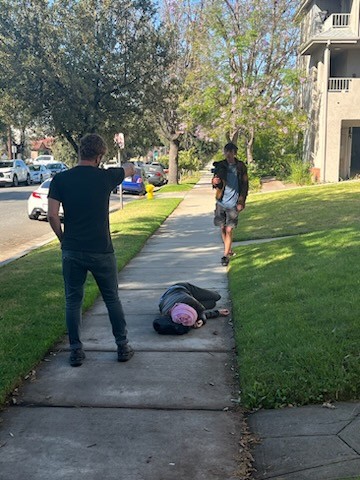
In your view, what can society to do to best support artists, creatives and a thriving creative ecosystem?
Society can best support artists by STOPPING THE PREACHING OF RULES BEFORE VOICE. What do I mean by this exactly? Well, film schools and most institutes of so-called artistic education tend to turn everything into a science: “This is the way you do that, this is the way things have always been done, this is the way Steven Spielberg does things.” So then what do we get? A bunch of would-be unique artists doing things the exact same way, the way things have always been done, the way Steven Spielberg would…
Now, there is a science in the art, but it should be mostly self-taught; you’ll learn what works and what doesn’t simply by doing (and failing) often. What society needs to do first and foremost is encourage artists to find and develop their own unique voices, to own what they want to say to the world and how they want to say it. We’d have a helluva lot more originality in the world if this is what was prioritized above all else; instead, we have a plethora of Steven Spielberg wannabes who do not realize how precious and needed are their own creative voices, their own ways of doing things.
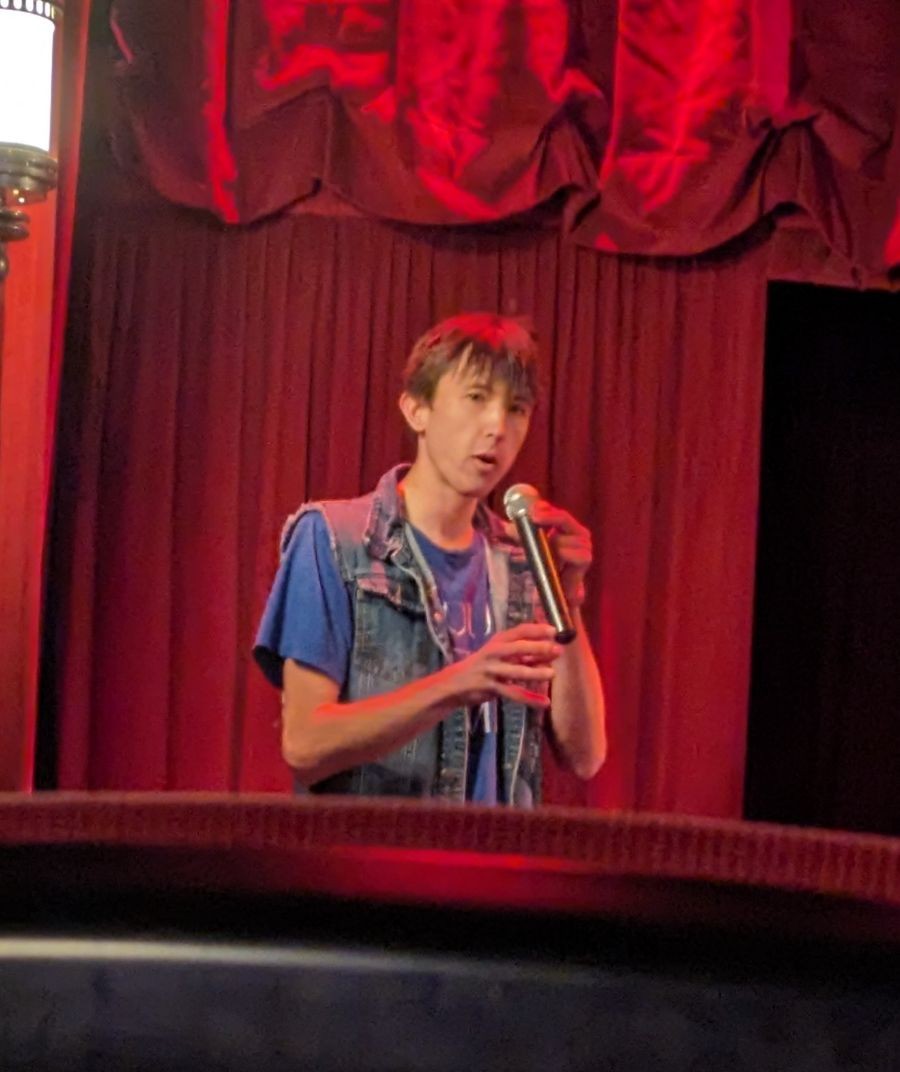
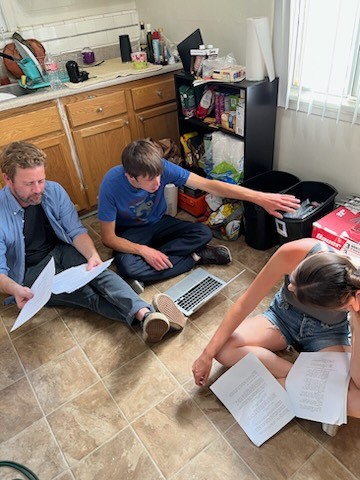
Contact Info:
- Instagram: @samhendrian143
- Linkedin: https://www.linkedin.com/in/samuel-hendrian-2a346620b/
- Youtube: https://www.youtube.com/@samhendrian8658/videos
Image Credits
Photos by Travis Sanders, Jamie Dee Lyons


